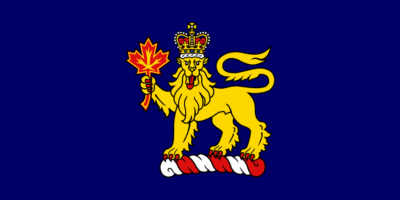This past week saw two major events concerning Canada’s international relations which caused alarm for many observers.
First was Canada’s decline to provide military support to the government of Mali. An envoy was sent on January 15 to speak to Foreign Affairs Minister John Baird and request combat support in the ongoing conflict against rebels linked with Al-Qaeda. The UN had passed a resolution supporting military intervention a month earlier in line with the Responsibility to Protect (R2P) doctrine. Canada agreed to supply one plane for use in a non-combat role to French allies, with possibilities of further contributions. Although armed conflicts are always contentious issues, one might have expected Canada to respond to the call for aid more enthusiastically, given its $500 million share of the Malian mining industry.
In international development, the best heuristic for a successful program is whether the people actually want that type of aid. It is interesting that in the same week that Canada denied Mali full support, our international development agency (CIDA), often criticized for its loyalty to partisan and corporate interests instead of solidarity with aid-receiving countries, was further implicated. Former Toronto Police Chief and current Minister for International Cooperation Julian Fantino posted a letter on the CIDA website (part of the Government not the Conservative Party) in response to the Huffington Post article by NDP MP Hélène Laverdrière criticizing CIDA, stating that the “NDP take their reckless economic sideshow to the developing world.” Although now taken down, the original webpage was cached by Google and shared in a Reddit thread.
Canada is increasingly deepening its international ties. In the first months of the Conservative majority, bilateral free trade agreements with South American and Asian countries proliferated and sights were then set on Africa’s mineral wealth. At the same time, the human side of internationalism is being neglected. In addition to last week’s events, Canada’s refusal to reexamine its position on Palestine was a national embarrassment at the UN. Its lack of commitment to global climate change as outlined in the 2012 Climate Change Performance Index put it at the bottom of OECD countries and ahead of only Kazakhstan, Iran, and Saudi Arabia. Its immigration policies are increasingly marginalizing. This is all on top of growing internal tensions over democracy, environmentalism, and economic development. For a government with the license of a majority, the Conservatives should be more mindful of their actions in their remaining three years of office.







Leave a Reply